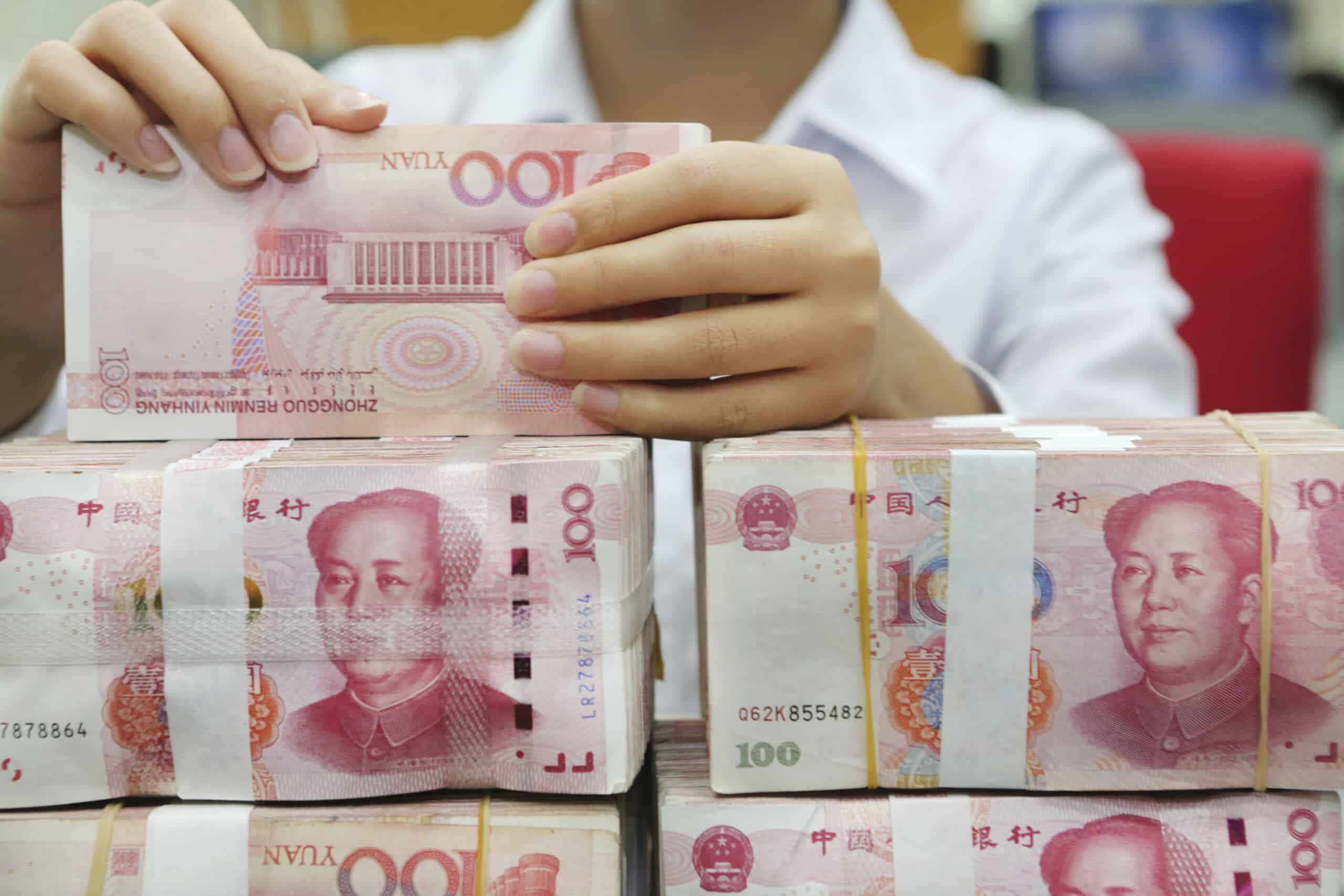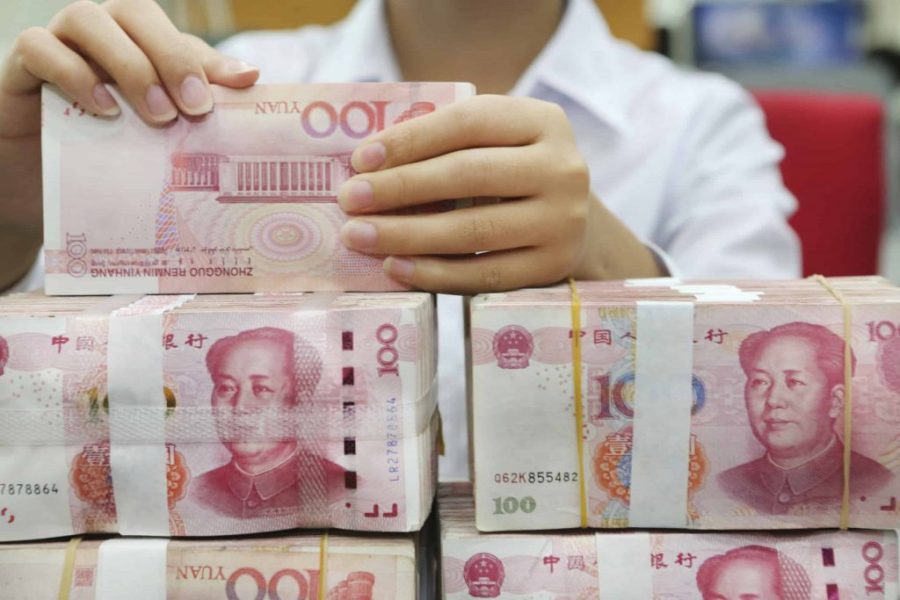A recent deal between China and Brazil marked the first major trade transaction conducted by the two in their local currencies – respectively yuan and reals – without any involvement of US dollars, according to reports.
The export of pulp by Eldorado Brasil, a São Paulo-based company with a presence in Shanghai, was financed and settled in yuan, which were then directly converted into reals.
The landmark trade operation comes after Brazilian President Luiz Inácio Lula da Silva’s visit to Beijing in April, which included the signing of an agreement to promote bilateral trade in local currencies. The agreement came alongside similar initiatives from the beginning of the year, including actions by both central banks.
[See more: Beijing now counts Brazil as its fourth largest trading partner]
The US dollar has dominated global trade and finance for decades, serving as the primary currency for buying and selling goods. It is widely viewed as a “safe haven” currency for investors.
However, global reliance on the US dollar also contributes to the political and economic power of the United States, giving it disproportionate geopolitical sway and disadvantaging countries with unfavourable exchange rates or a limited supply of dollars. Many emerging economies, including titans like China, Brazil and India, are actively pursuing “de-dollarisation” as fundamental to a multi-polar world.
China has had some success, doubling the use of the yuan in international payments in the last 10 years. While the portion of payments in yuan remains small overall, trade with Brazil presents a significant opportunity for growth. Other major Brazilian exporters are already considering negotiating in local currencies, including pulp producer Suzano and state-owned oil giant Petrobras.






